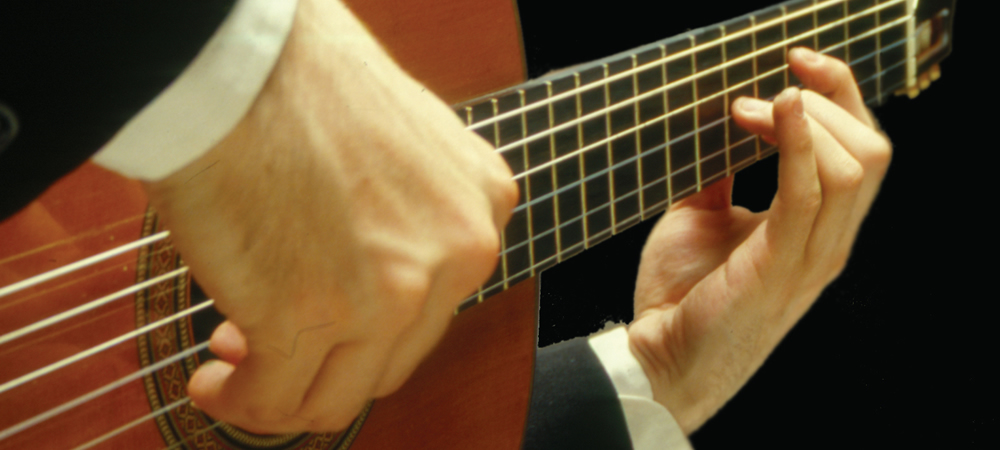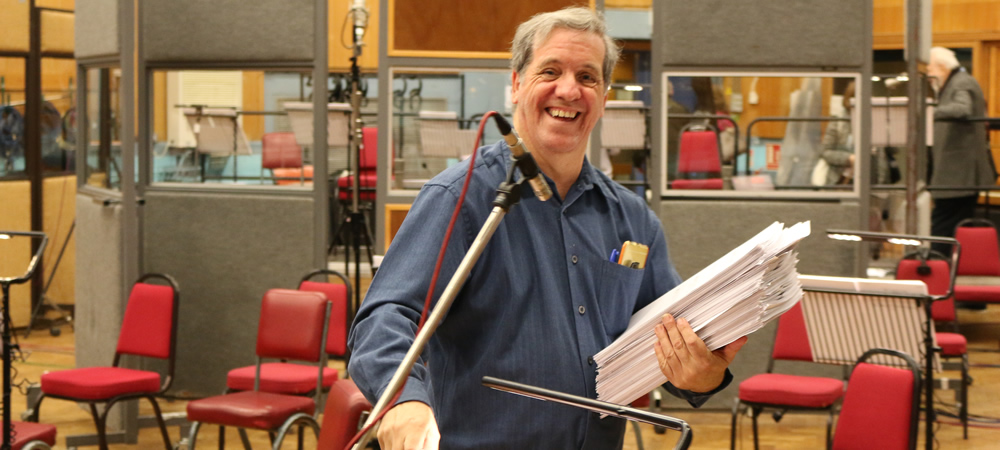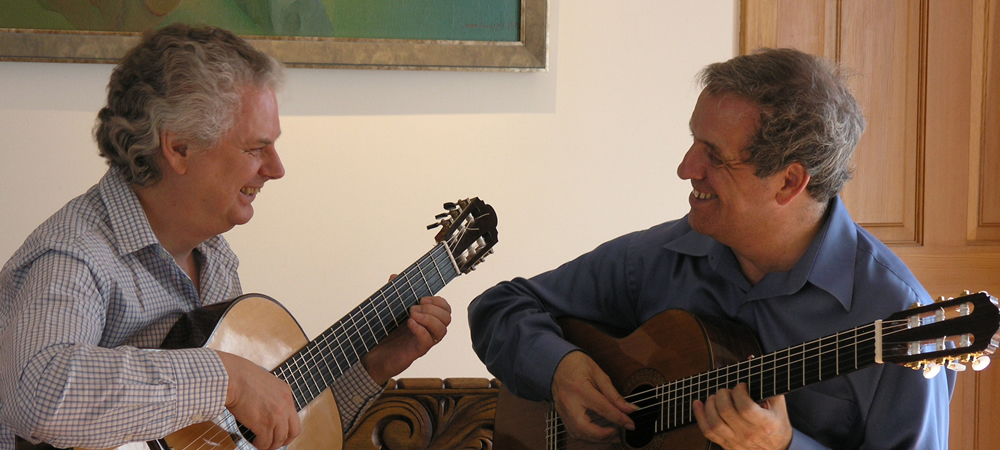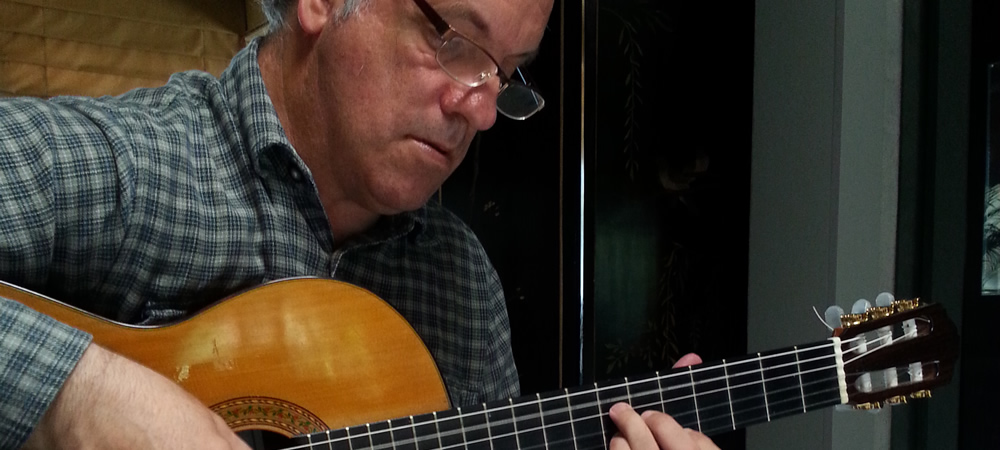Clear Note recently published Gregg’s fine arrangement of the Turina Quartet in A Minor. You can find the music here.
QUARTET IN A MINOR, Op. 67a (1931) (Violin, Viola, Cello, Guitar)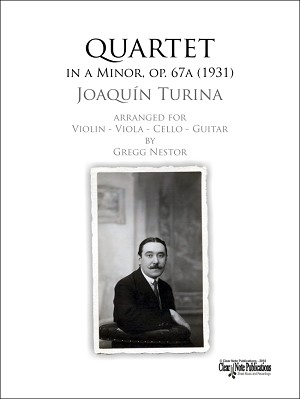
Lento – Andante mosso
Vivo
Andante – Allegretto
The opening passages of the Quartet in A minor, Op 67a, (here with the piano being replaced and adapted for guitar by Gregg Nestor), immediately announce an essential foundational element of Turina’s music. These melodic passages are constrained and mysterious, but distinctly Andalusian. They hearken to the ancient cante jondo, the serious ‘deep song’ of southern Spain, and become building blocks for the entire structure, appearing in the second and third movements as well, and thus giving the work a cyclical form. In another direct reference to folk music, passages of the second movement feature repeated chords and pizzicato in the strings which both allude to the guitar.
JOAQUÍN TURINA (1882-1949)
Joaquín Turina’s successful synthesis of the early-twentieth-century French School and Andalusian folklore, embodied in the classical genres of chamber music, was no small feat. As a Spanish composer seeking to express his national identity through chamber music, he had very few precedents to emulate. Falla and Albéniz advised Turina to embrace his heritage as an Andalusian musician. Albéniz is reported to have said: You must base your art on Spanish popular song, on Andalusian music, because you are from Seville. In later years Turina would recall this conversation saying: Those words were decisive for me, [and] they are a piece of advice that I have tried to follow throughout my career.
The result of this encounter with Albéniz and Falla was an outpouring of music that established Turina as one of the outstanding Spanish composers of the early twentieth century. Nearly all of his works bore allusions to Spain, and more specifically to Andalusia.

